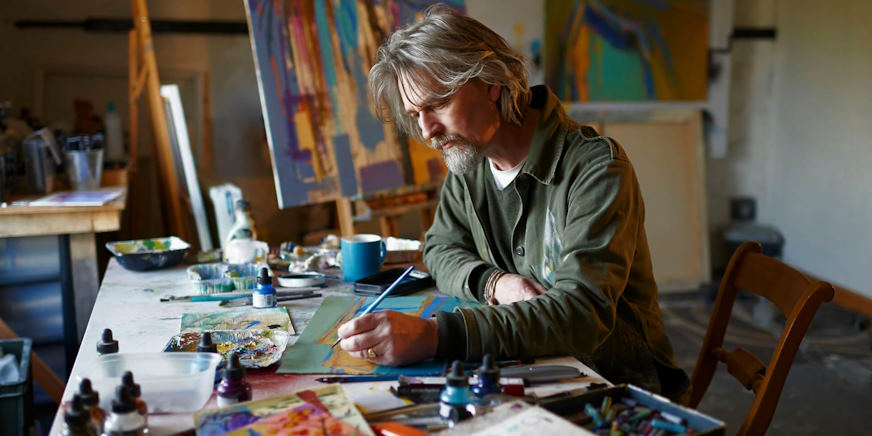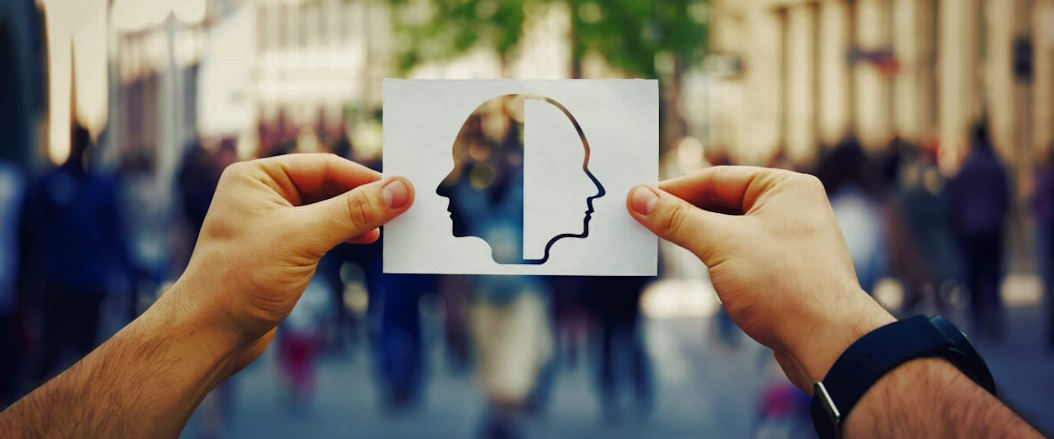Nowadays, when people come across numerous social, political, and environmental hurdles, artists are increasingly assuming roles as influential agents of transformation. Through their creative prowess, they confront injustices, amplify the voices of marginalized communities, and ignite collective movements for change.
In what ways can artists drive social change?
Artists are utilizing various approaches to effect social change through their artistic endeavors. Below are several methods they employ to do so:
Raising Awareness
Artists not rarely use their platforms to attract attention to social issues that may otherwise go unnoticed. Through their artwork, they bring attention to topics such as racial inequality, gender discrimination, environmental degradation, and political injustice, sparking crucial conversations and raising awareness among the public.
Challenging Norms and Stereotypes
Art has the power to challenge societal norms and question prevailing stereotypes. Artists disrupt conventional thinking by presenting alternative perspectives and narratives, encouraging viewers to reconsider their beliefs and biases. By subverting dominant narratives, artists pave the way for social change and promote inclusivity and diversity.

Advocacy and Activism
Many artists actively engage in advocacy and activism, using their creative platforms to advocate for policy change, social justice, and human rights.Engaging in protests, demonstrations, and grassroots movements, they amplify the voices of marginalized groups and hold those in power accountable. Their art serves as a catalyst, inspiring action and rallying communities to enact significant change.
Community Engagement
Artists often collaborate with local communities to address pressing social issues and foster positive change at the grassroots level. They work alongside community members to co-create art installations, murals, and public art projects that reflect community values, aspirations, and struggles. Through these collaborative efforts, artists empower communities to reclaim their narratives and envision a brighter future together.
Education and Empowerment
Many artists are committed to using their work as a means of education and empowerment. They create art-based educational resources, workshops, and curricula that engage learners in critical thinking, empathy, and social responsibility. By fostering creativity and consciousness-raising, artists empower individuals to become agents of change in their communities and beyond.
Digital Activism
In an increasingly digital world, artists harness the power of social media and online platforms to amplify their messages and reach a global audience. They use digital art, multimedia projects, and viral campaigns to mobilize support, raise funds, and advocate for social change. Through hashtags, viral challenges, and online petitions, artists leverage the internet as a tool for collective action and solidarity.

